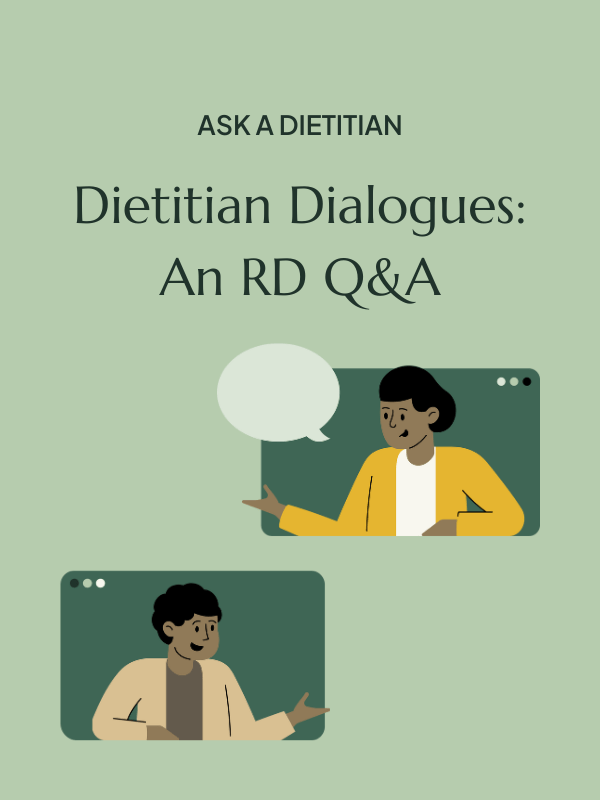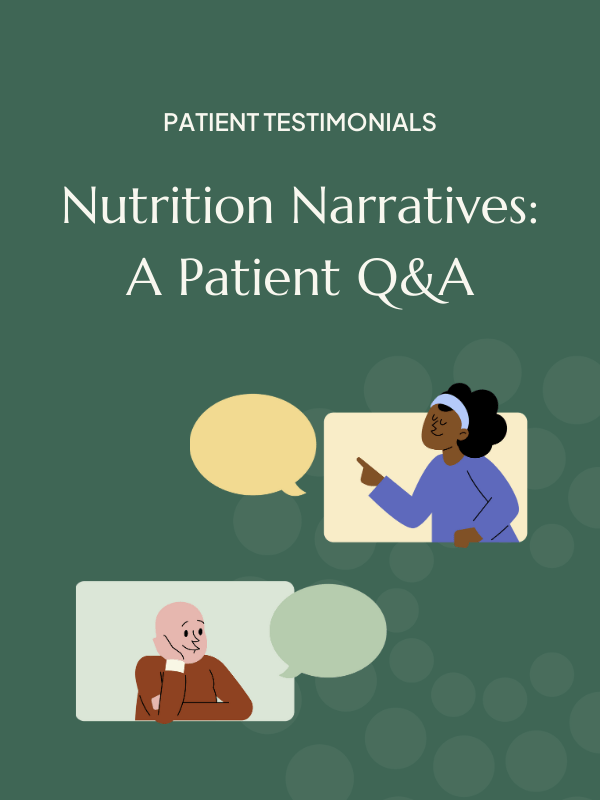Is it just us, or is intermittent fasting suddenly everyone’s favorite wellness topic? The eating pattern has gained traction for promoting weight loss, stabilizing blood sugar, and improving digestion. But what exactly does intermittent fasting (or IF) entail? Is there solid research to support the approach? And who should definitely not try intermittent fasting? We break it all down for you in this article.
What is intermittent fasting?
Intermittent fasting is actually more of an umbrella term than a single diet. That is, you can do IF a number of different ways. No matter how you fast, you can expect to limit the number of calories you consume or the number of hours during which you eat over the course of the day. Here are some of the most popular approaches to IF:
The 5:2 approach
This method confines fasting to just two days a week. Individuals eat their usual diet five days a week, then significantly limit intake to somewhere around 500 total calories on two (non-consecutive) days a week.
The time-restricted feeding approach
This is probably the most common IF method. Just like the name suggests, time-restricted feeding involves eating only during designated hours. For example, one might fast for 16 hours, then eat in an eight-hour window from 11:00 am to 7:00 pm. People tend to like this approach since they’re (ideally) sleeping for about half of their 16 hour fast. Plus, holding off until 10:00 or 11:00 am may not feel like much of a challenge if you’re someone who already skips breakfast.
The 24-hour fast approach
Yes, it’s exactly what it sounds like and no, we don’t recommend it. This method consists of skipping food for 24 straight hours once a week. Cue the headaches and hanger.
The OMAD approach
OMAD stands for one meal a day. The idea is to fast for 23 hours, then eat all of your daily calories in one meal. Proponents say it helps with weight loss because you’re bound to eat fewer calories. We say this sounds like a recipe for bingeing.
What does the research say about intermittent fasting?
Most of the research done on IF looks at the time-restricted feeding approach. A ton of the studies were originally done on mice, since they naturally tend to eat over a few hours, then fast for the rest of the day.
More studies of IF have since been conducted in humans, and there’s evidence that IF may have positive effects on health.
Intermittent fasting and metabolism
IF stimulates metabolic switching. Metabolic switching occurs when a fasted body runs out of sugar, or glucose, to use as its main source of fuel. As a result, the body switches to start breaking down stored fat. Broken down fats are turned into ketone bodies by the liver and then used by the body for energy. Ever heard of the ketogenic diet? This is exactly that process: ketosis.
According to research published in The New England Journal of Medicine, ketone body production may start within 8 to 12 hours of fasting, hence why popular IF methods recommend fasting for at least 14 hours to promote weight loss. Additionally, because insulin levels drop when we haven’t eaten in a while, IF may be a powerful tool for increasing insulin sensitivity, per a 2018 study published in Cell Metabolism. It’s important to note, however, that much of the research on IF has been done on overweight individuals with insulin resistance, meaning results may not apply to the average healthy person.
Intermittent fasting and disease prevention
There’s evidence that intermittent fasting may bolster the body’s stress response by forcing cells to be more adaptive. This phenomenon harkens back to when our ancestors regularly experienced periods of starvation. As a result, cells became more adaptive, revving up their antioxidant activity and DNA repair and decreasing inflammation.
The thinking goes that if these same adaptations occur in people who fast, IF may be protective against conditions like cardiovascular disease, type 2 diabetes, cancer, and Alzheimer’s disease.
Intermittent fasting and weight loss
Spoiler alert: IF is probably going to help you lose weight. However, it might just be due to the fact that you’re eating less. Think about it: there are fewer hours to nosh when you’re only allowed to eat in an eight-hour window. It’s no real surprise that skipping that pastry on your way to work and that nightcap before bed is going to make a difference.
Research shows that other healthy diets, such as the Mediterranean diet, a well rounded plant-based diet, are just as effective for weight loss as IF — and they don’t require strict food rules.
Who shouldn’t try intermittent fasting?
There are a few groups that need to steer clear of IF, including individuals with advanced type 2 diabetes, pregnant or breastfeeding women, and those with a history of disordered eating. People prone to stress and anxiety may also want to avoid IF.
Diabetics should eat at regular intervals to maintain stable blood sugar levels. Pregnant and breastfeeding mamas need to consume adequate energy to support both themselves and their babies.
IF can be dangerous territory for individuals with a history of disordered eating because it’s highly restrictive, sets up rules around food that can feel triggering, and may amplify the urge to binge eat. Fasting can also mess with natural hunger and satiety cues.
Finally, fasting increases levels of the stress hormone cortisol in the body. This makes sense: not eating for an extended period of time is bound to stress out our body’s systems. If you’re someone who already struggles with anxiety, elevated cortisol levels related to IF may further exacerbate physiological symptoms of stress, like rapid heart rate and breathing, high blood pressure, and high blood sugar.
Even if you don’t fall into any of the above categories, IF still may not be for you if it doesn’t match your lifestyle. For instance, if you’re someone who lives for breakfast, there’s no reason to subject yourself to time-restricted feeding. Similarly, if you know you get light headed when you haven’t eaten in a few hours, fasting may pose a serious threat to your health. If that’s the case, throw IF in the “not worth it” bucket and work with a registered dietitian to find a healthy meal plan that works better for your body.
The bottom line
There’s evidence that intermittent fasting brings benefits when it comes to weight loss, disease prevention, and metabolic health. However, we also know it can mess with your mental health and leave you feeling fatigued.
We recommend considering the diet’s sustainability before you commit. Ask yourself: is it really possible for me to not eat past 6:00 pm? How will I feel only eating 500 calories on two days of my week? Will it impact my work performance or presence with my family? Remember, a meal plan is about more than what’s on your plate.
Have more questions about intermittent fasting? Work with a Culina Health Registered Dietitian Nutritionist to get personalized virtual nutrition care that is covered by insurance. Schedule a free intro call to get started!






